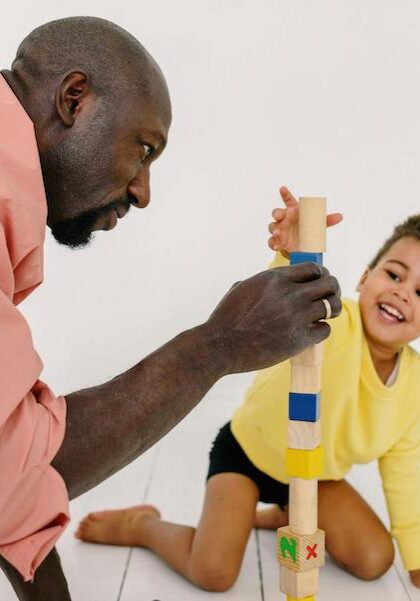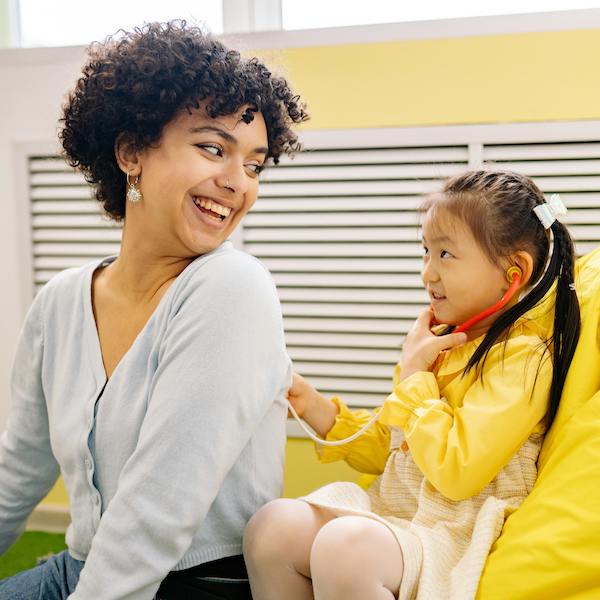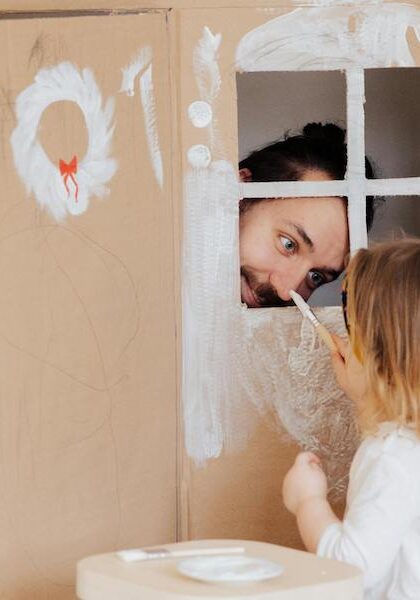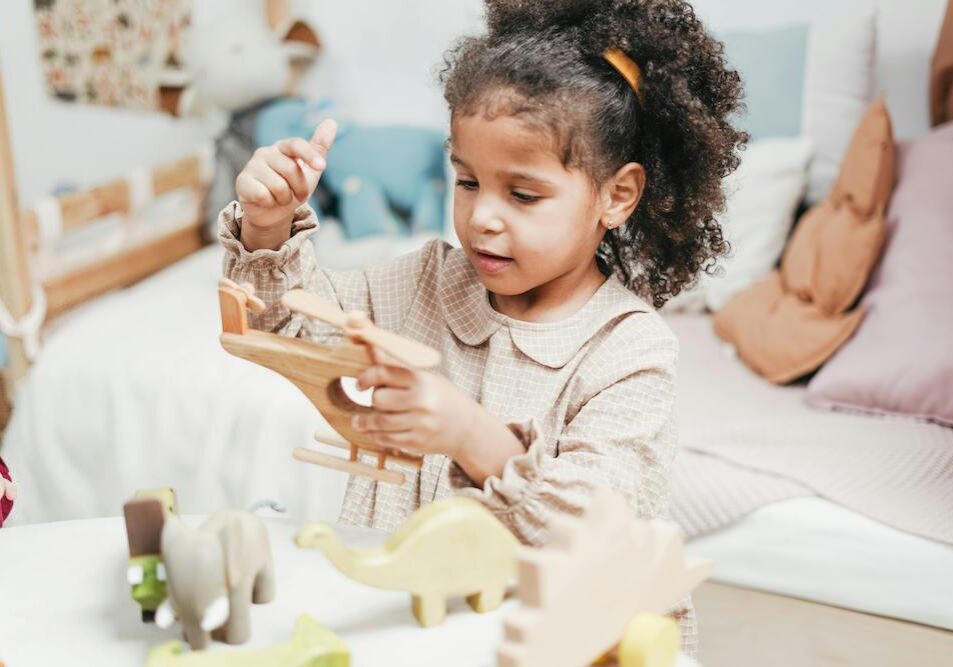Play Therapy

Can Your Child Benefit From Therapy?
Is your child showing signs of anxiety, depression, or behavioral challenges?
Have they experienced setbacks at home or school?
Do they have a hard time appropriately expressing their emotions, whether they become overwhelmed with emotion or aggressive toward others?
Is their anger or withdrawal affecting your relationship with them?
And no matter what you try, are your interventions proving ineffective?
Sometimes, it’s difficult to understand our children’s inner worlds. While we can prepare for what to expect throughout their development, their behaviors aren’t always easy to decipher. Furthermore, when tantrums or outbursts begin affecting their school performance and relationships, it can be frustrating not to know how to manage their distress.
Play Therapy is a tool we use to help children at Mindful Springs Counseling. By working with kids to express themselves with a language that makes sense to them, we can help nurture lifelong coping and emotion regulation skills.
What Is Play Therapy?
Play Therapy uses a child’s natural language—play—to help them explore and express their feelings. Depending on the child’s age and abilities, games, toys, music, and other creative outlets are utilized to deepen self-understanding and discover new, healthier ways of getting their needs met. This method is facilitated by a highly trained therapist who knows how to tap into the child’s emotional process in a way that is safe, attuned, and constructive.
Play Therapy often incorporates parents and other family members into the treatment process. At Mindful Springs, we recognize that many parents did not receive an attuned connection in childhood to facilitate long-term emotion regulation themselves so by often or occasionally incorporating parents into sessions, we are able to teach this through modeling. Working with the entire family in some Play Therapy sessions offers children, parents, and siblings an opportunity to re-establish a sense of harmony and teamwork.

Who Can Benefit From Play Therapy?
Play Therapy is an appropriate intervention for children ages 3 to 11. It is an in-person treatment approach that can help address:
- Depression
- Difficulty adjusting
- Issues with school performance
- Anxiety
- Shyness
- Aggression
- Behavioral challenges
- Neurodiversity
Our highly trained Play Therapists have experience working with children from a wide range of backgrounds, and we have multiple clinicians on staff who specialize in child-specific approaches.
Questions? Contact Us

Synergetic Play Therapy And Other Child-Specific Approaches At Mindful Springs Counseling
Though talk therapy is a meaningful tool we use in counseling, we recognize that adults and children simply don’t express themselves in the same language. Our Play Therapists aim to meaningfully connect with the children we work with by communicating on their terms and promoting healthy behaviors through creativity and play.
Drawing from the original foundations of Play Therapy, Synergetic Play Therapy has been developed since the 2000s, focusing more on elements of secure attachment and emotion regulation, which go hand in hand. Instead of observing emotional states as adaptive or maladaptive, Synergetic Play Therapy honors all of the child’s emotions as the therapist models co-regulation. Not only does this approach foster more effective stress management and distress tolerance skills, it helps children experience more self-empowerment and self-acceptance.
Our Play Therapists are passionate about working with kids and understand how to go beyond everyday play to facilitate lasting behavioral awareness and change. In-person Synergetic Play Therapy sessions are available to clients local to our Seattle, WA location. We also offer traditional Play Therapy in our Colorado offices, with several trained therapists on staff, including a clinician who specializes in infant-parent therapy. Book a consultation to find out more.
Recent Posts
5 Things Your Child Learns in Play Therapy
Play therapy is a powerful tool that helps children work through their emotions and experiences.
Read More
